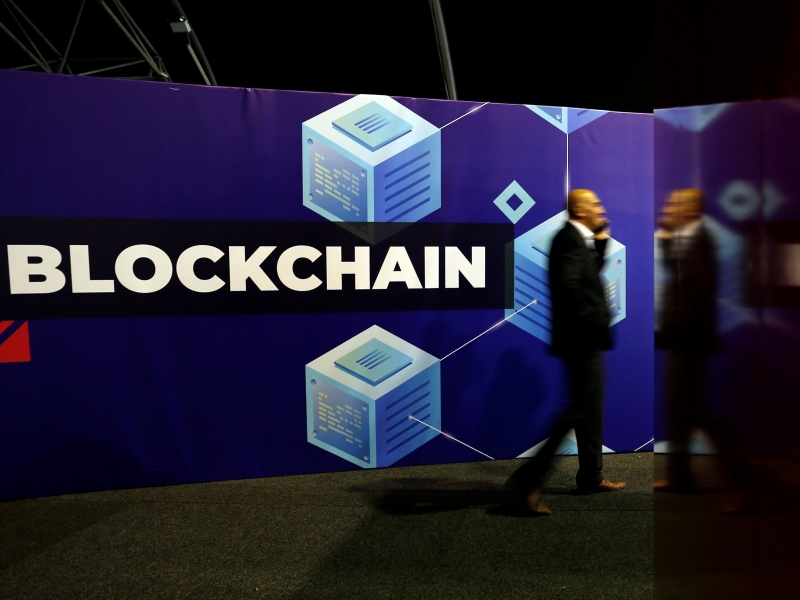On July 17th, the「Smart City」column co-hosted by Smart City Consortium(SCC)and HKEJ to concisely introduce different smart city topics to high school students, posted an article by SCC Trust-over-IP Committee chairperson Ms. Eva Chan on how blockchain and digital identity authentication can reshape the experience of education and employment.
Have you ever been troubled by the need to retrieve a lost certificate or prepare physical documents for school applications? These issues may soon be alleviated through "blockchain" and "digital identity verification" technologies, ushering in a new digital experience for your education and employment.
"Digital identity verification" securely stores personal data on digital platforms managed by governments or trusted institutions. Take Hong Kong's "iAM Smart " as an example; it combines biometric technology for convenient identity verification. In this envisioned scenario, students' credentials, such as academic qualifications, awards, or internship records, can be linked to their digital identity via blockchain and can be retrieved once the student’s identity is verified through "iAM Smart". The decentralized, "immutable," and "traceable" characteristics of blockchain ensure that records, once entered, cannot be altered, addressing the issues of lost and counterfeit physical documents. This "digital identity + blockchain" system not only simplifies operations but also embodies data sovereignty—giving individuals ownership and control over their data.
Imagine if your graduation certificates, transcripts, and more became "blockchain credentials" stored in your digital wallet. When applying for universities or jobs, you would only need to send a "verifiable credential," allowing the recipient to confirm its authenticity on the blockchain, thus eliminating cumbersome paper verification and mailing processes, significantly enhancing efficiency.
Each year, institutions worldwide must print millions of physical certificates, which represents a significant consumption of tree resources and high administrative costs. Achieving "paperless document management" through blockchain technology not only greatly reduces carbon footprints but also minimizes repetitive work for organizations, enhancing administrative efficiency. Additionally, the automation capabilities of "smart contracts" can facilitate processes like graduation verifications or course confirmations, automatically executing and storing them on the blockchain, reducing human error while increasing transparency and credibility.
In the future, a personal resume will not just be a PDF document but a digital network composed of "verifiable credentials." These credentials could include certificates from competitions, records of completed workshops, or even volunteer hours, all recorded via blockchain. This digital resume not only presents a more comprehensive view of your skills and experiences but also allows for flexible displays tailored to different application targets, helping you stand out in the education and job markets.
Blockchain and digital identity verification are not just topics for tech enthusiasts; they are future trends that every student, parent, teacher, and educational institution should pay attention to. By mastering these tools, we can not only ensure the security of personal data but also create a smarter, greener, and more trustworthy future in our educational and employment journeys.
Data source: https://edu.hkej.com/php/article.detail.php?aid=62193




